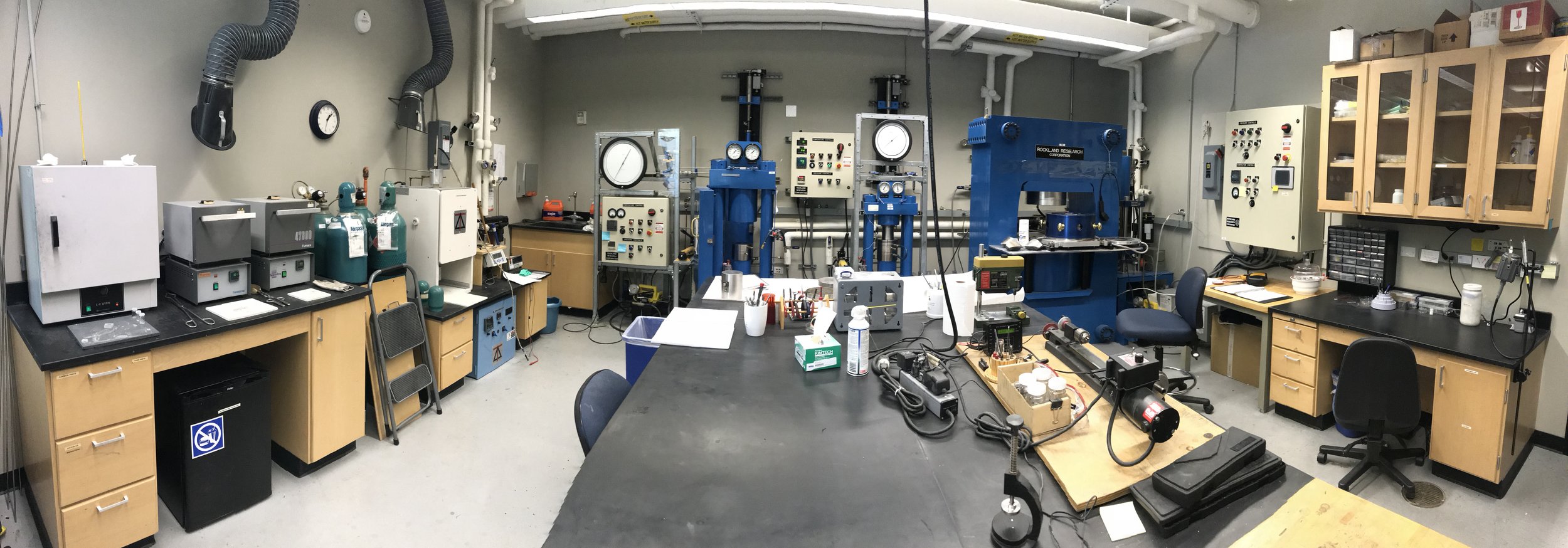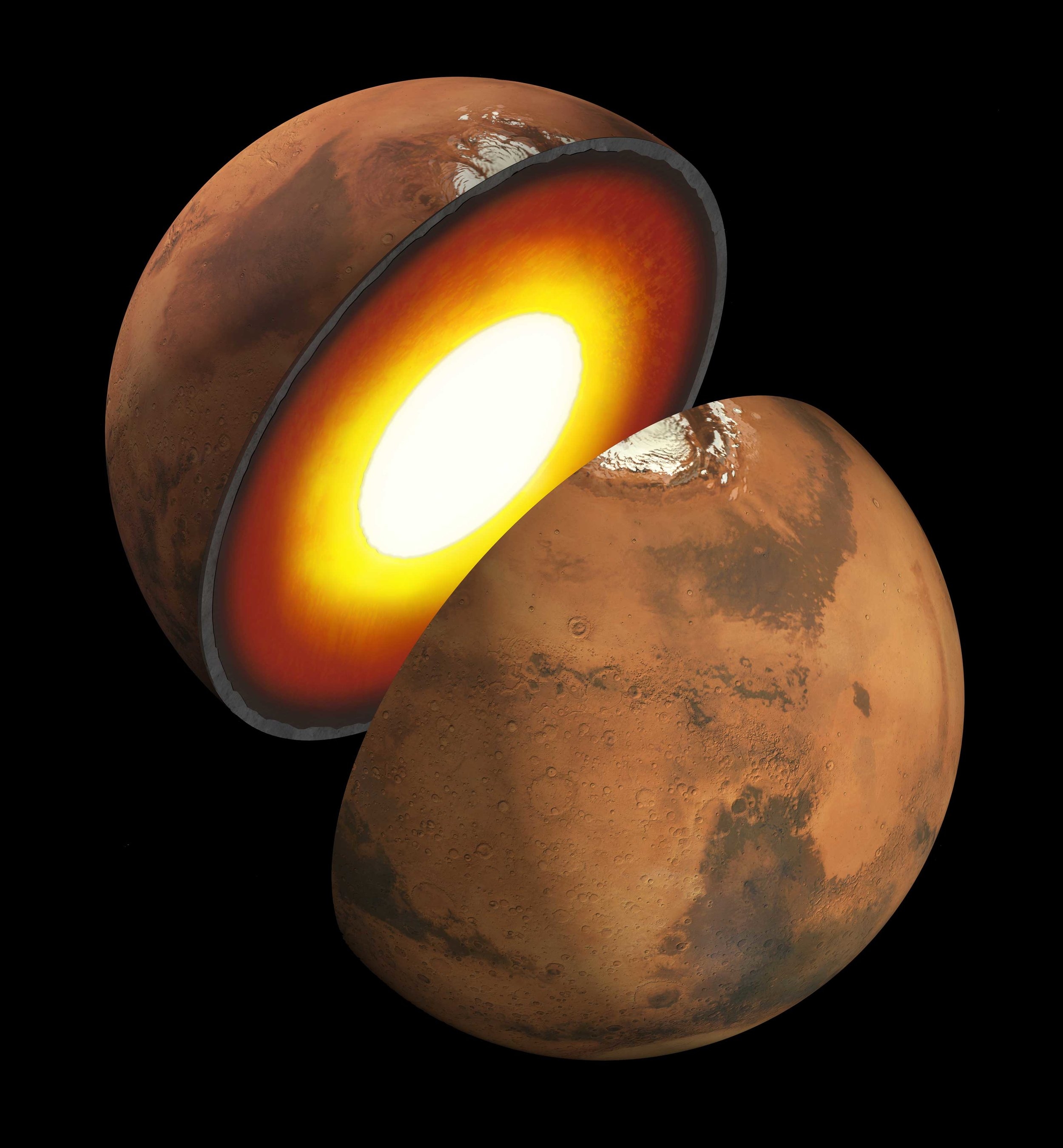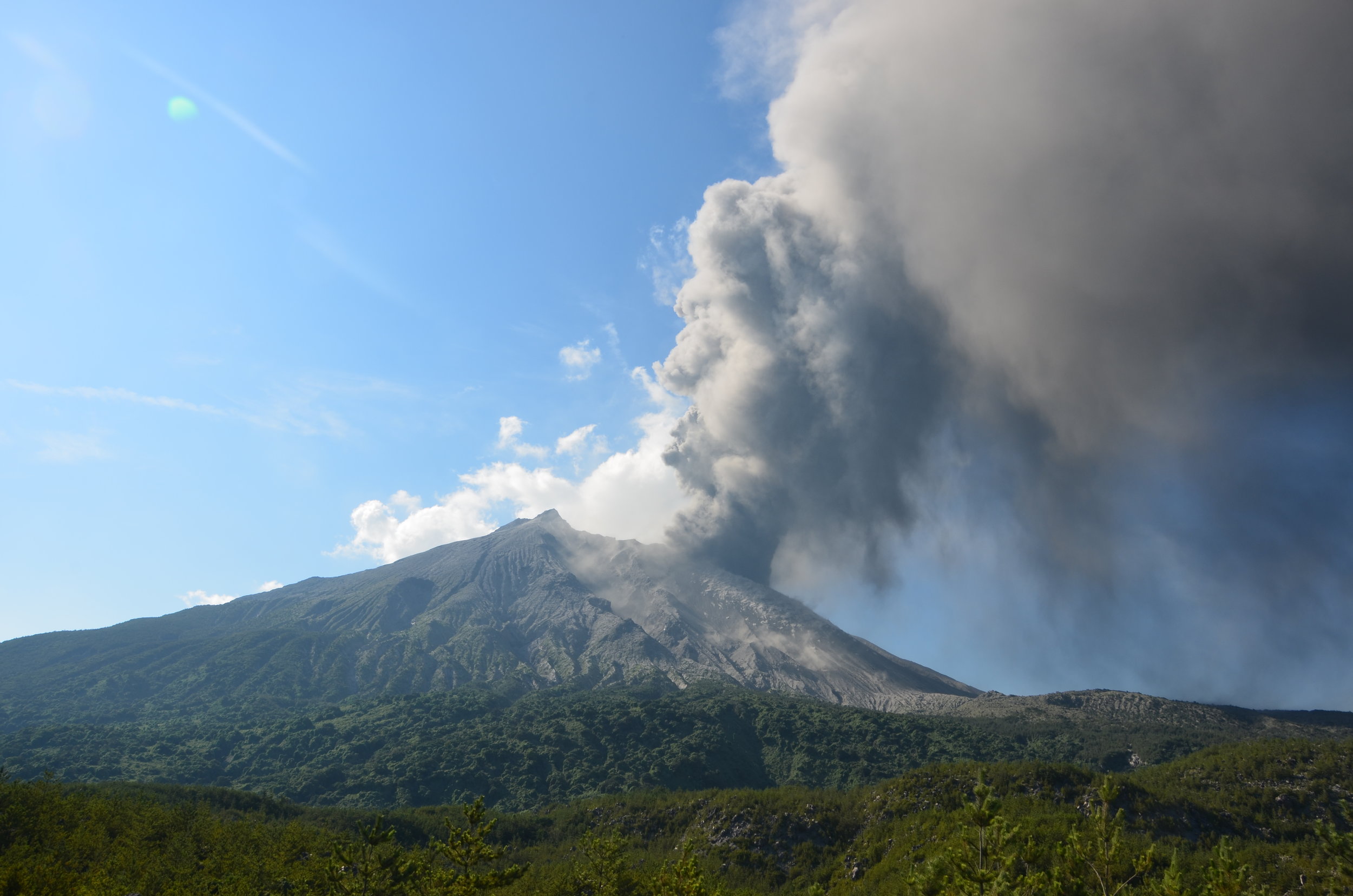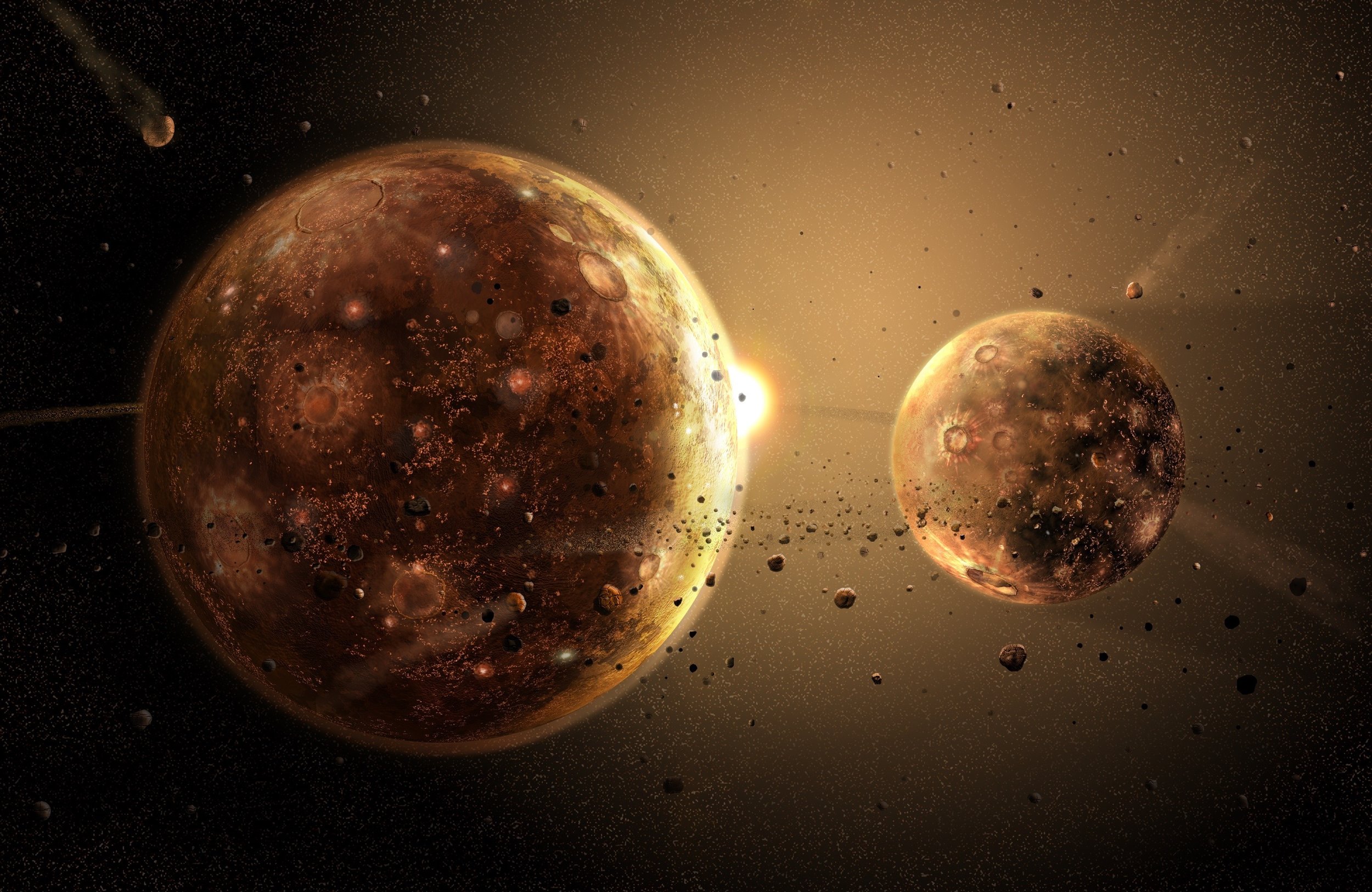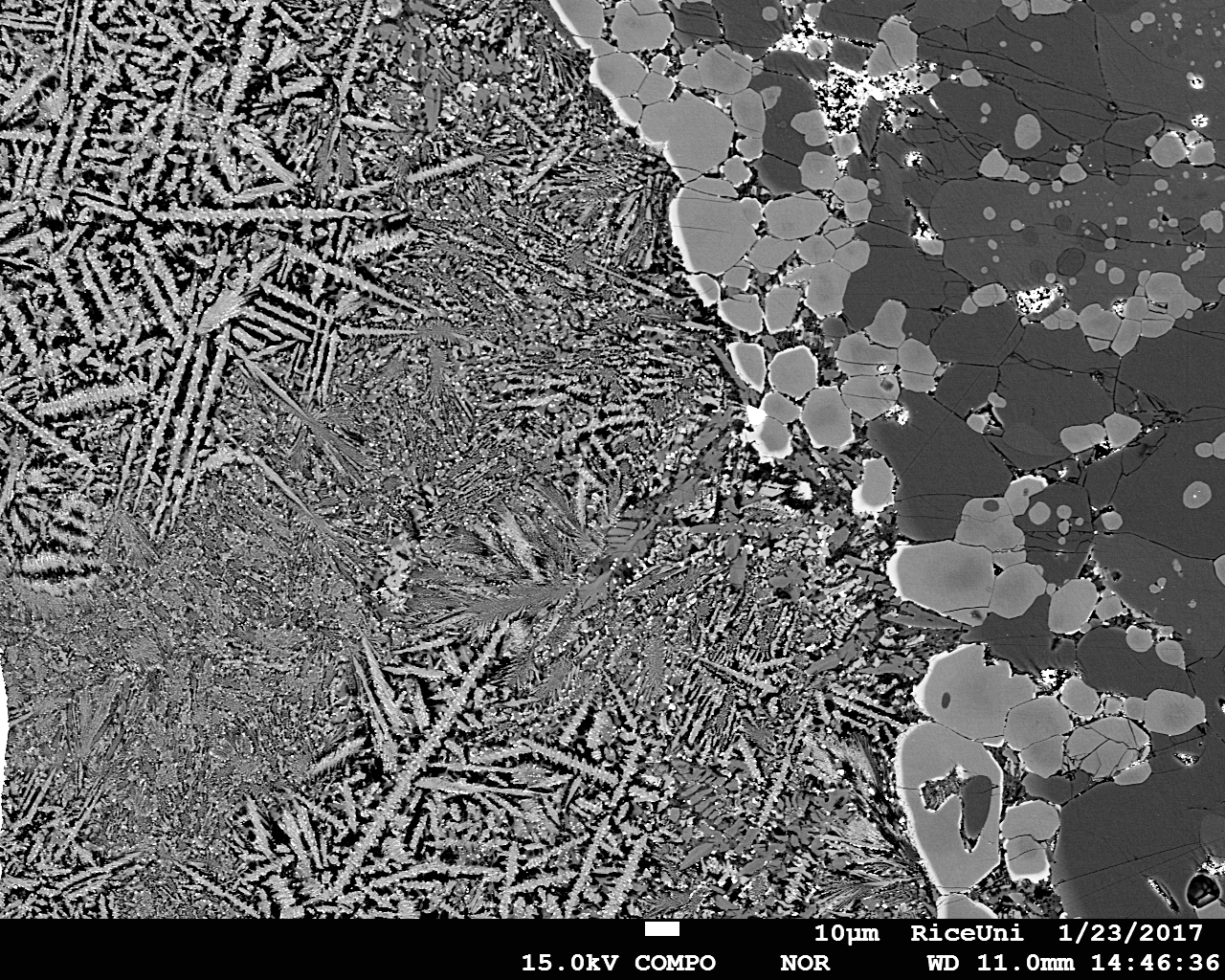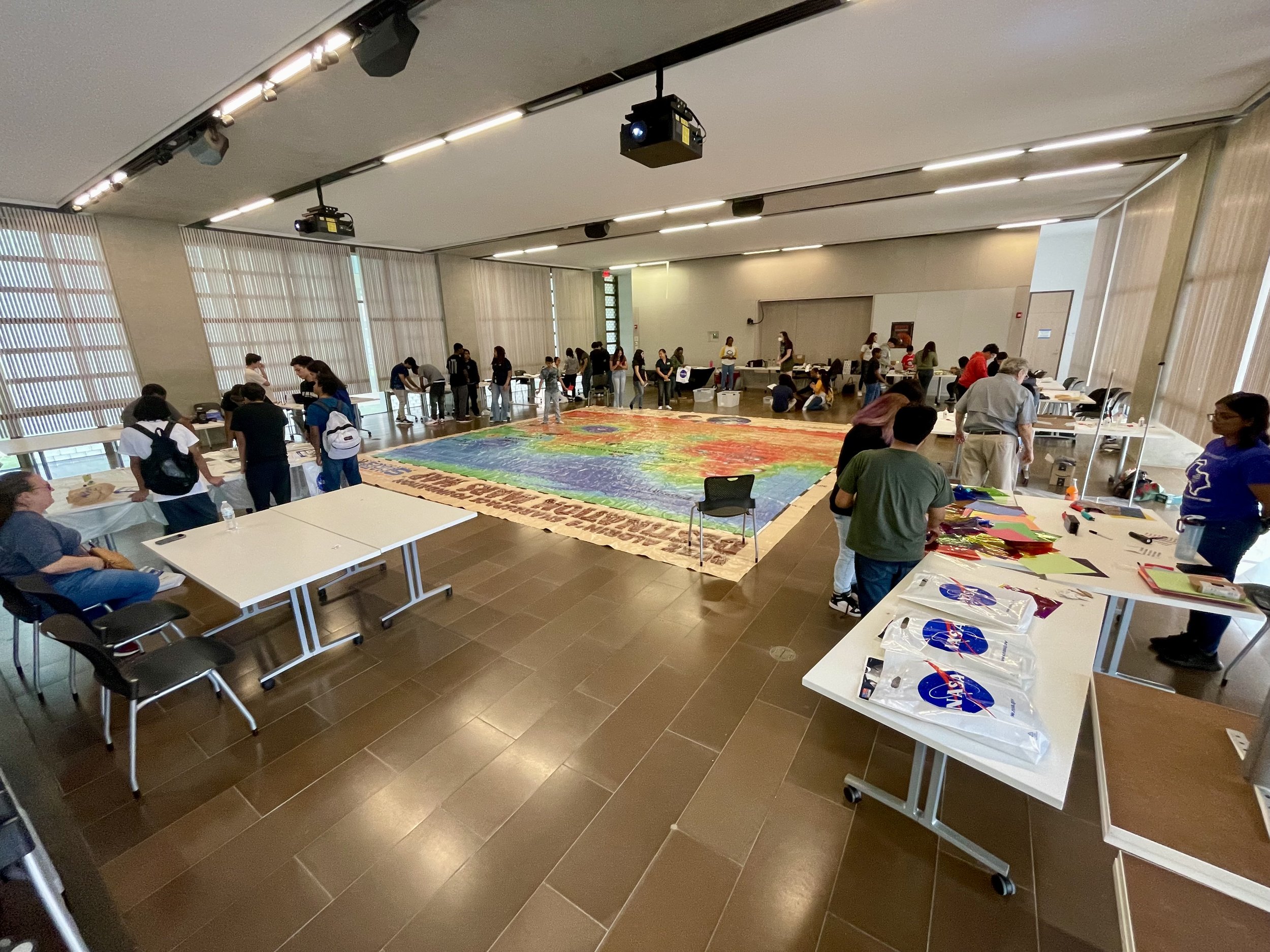ExPeRT: Experimental Petrology Rice Team
Under the direction of principal investigator Rajdeep Dasgupta at Rice University's Department of Earth, Environmental and Planetary Sciences, we investigate the formation and evolution of Earth and other rocky planetary bodies and how the interior processes influence the surface chemistry and habitability. The primary approach of our research is laboratory experiments and geochemical analyses but we also use thermodynamic and other modeling approach.
Recent Publications
Latest News
May 1, 2024
Rajdeep Dasgupta, as the principal investigator, is leading Rice and Houston Independent School District (HISD) Planetary and Space Exploration Education Project, a pilot program aimed at inspiring the next generation of space and planetary science enthusiasts. Read the Rice University press release here.
September 24, 2023
Aindrila Pal has been awarded the prestigious NASA Future Investigators in NASA Earth and Space Science and Technology (FINESST) grant. Her research will explore the origin and evolution of nitrogen in rocky planetary bodies using high-pressure, high-temperature experimental simulations. Read the Rice University press release here.
